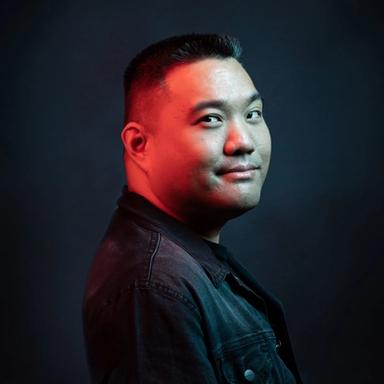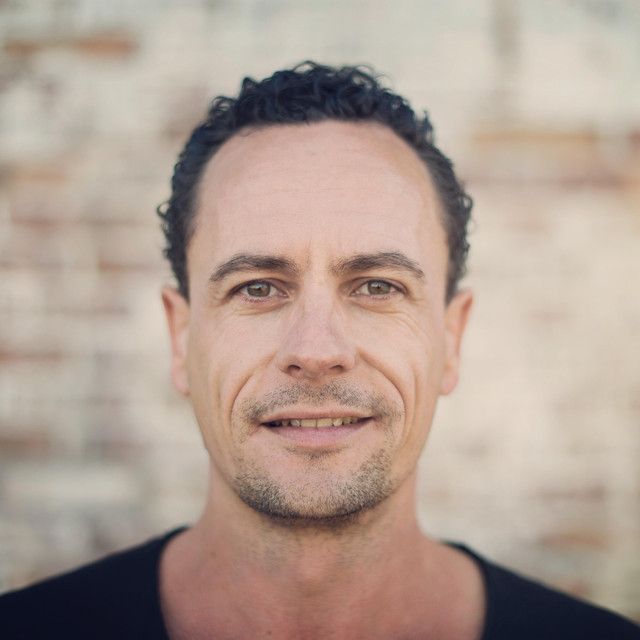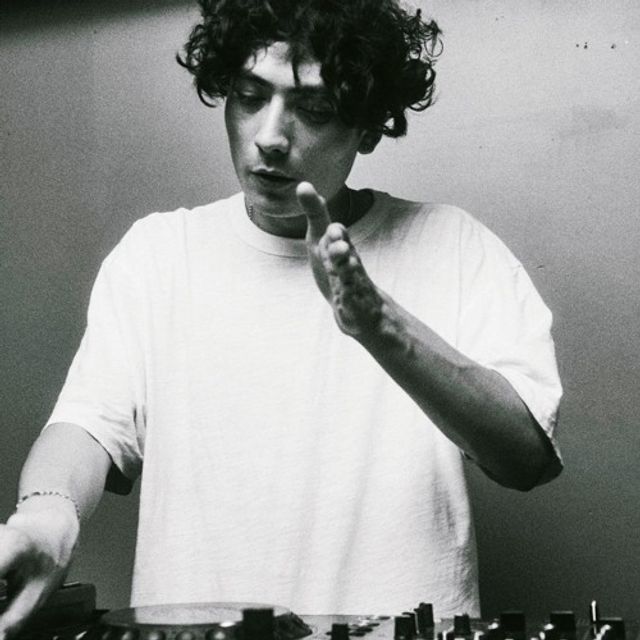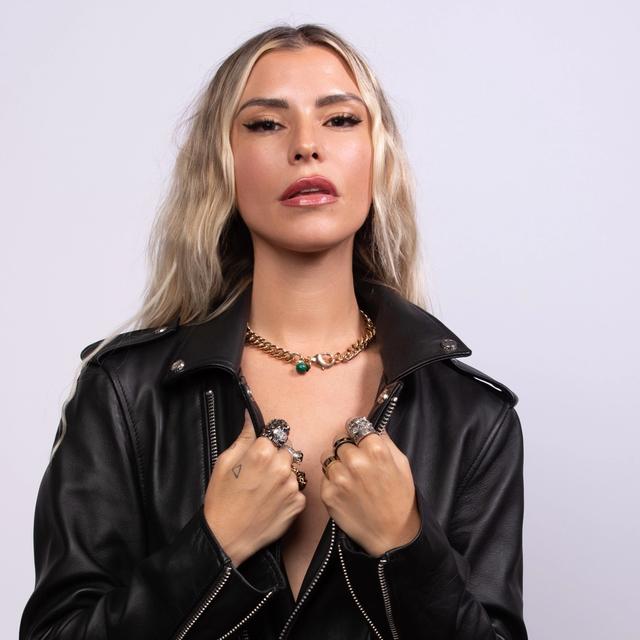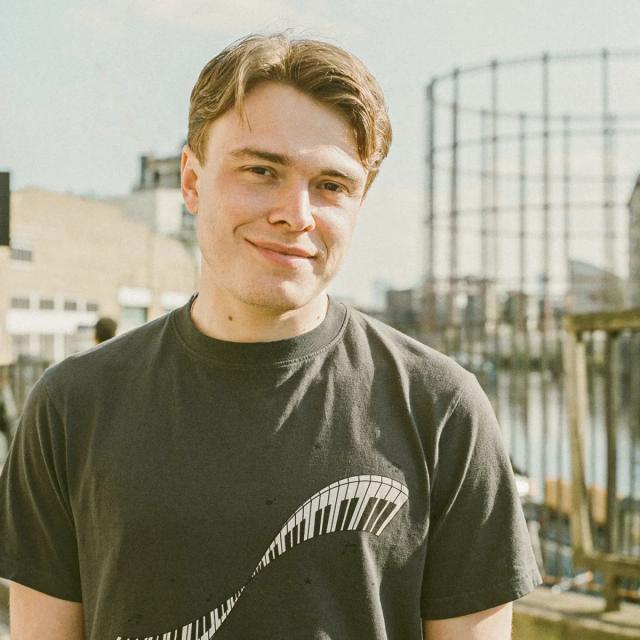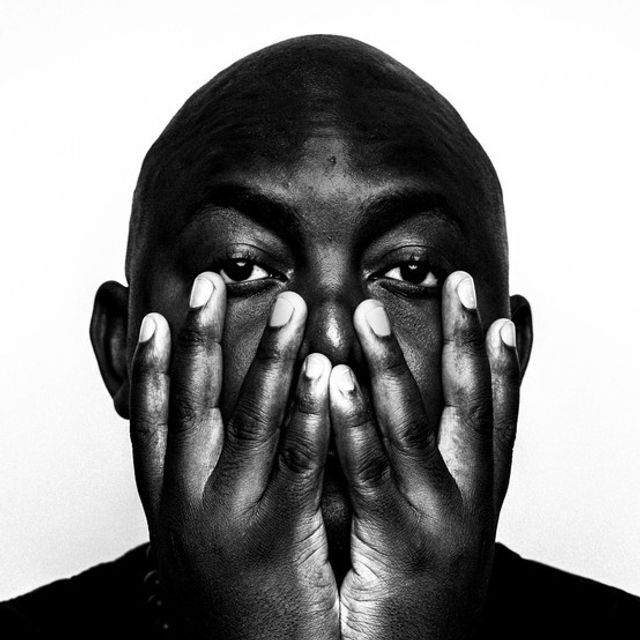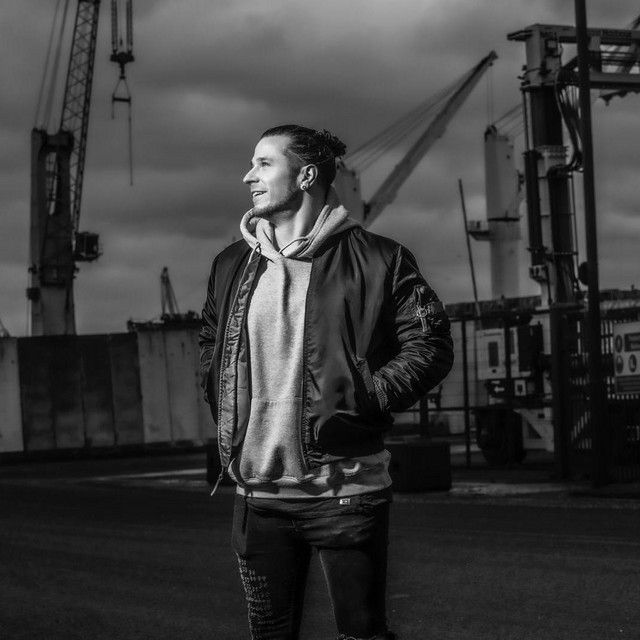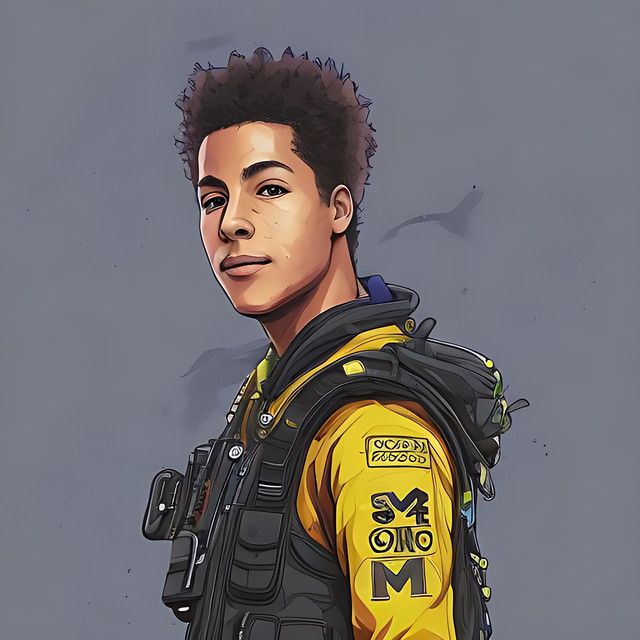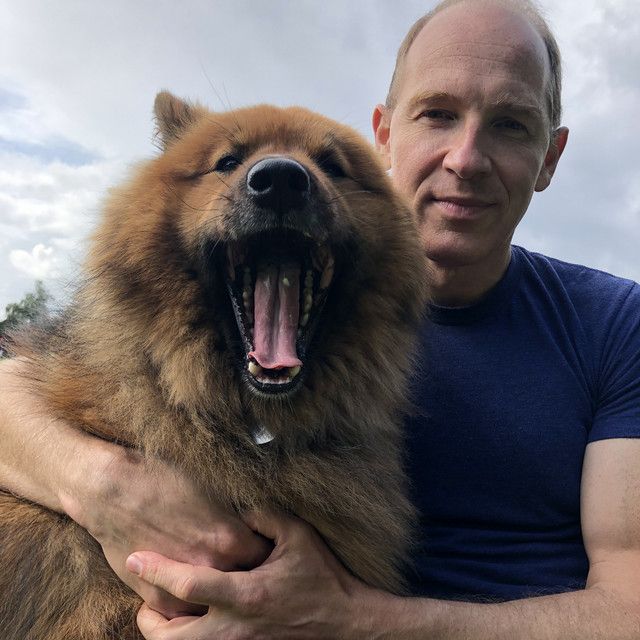Artist Spotlight
Darin Epsilon has been an essential figure in the dance music community for over a decade. Seeing Sasha and John Digweed in 2002 inspired Darin to pursue electronic music as a career. He DJed for many years before launching his label, Perspectives, in 2010. Since he has gained acclaim as a tastemaker, a must watch DJ, and a true pioneer of the melodic house and techno genres so popular today. How would you describe the type of music you create? I produce whatever inspires me at the moment, whether it be melodic house and techno, indie dance, progressive house, or organic house. I strive to make music with emotion, soul, substance, and depth. What do you remember about your first local gig / international gig? My first gig was in my friend’s basement when we were attending high school, and I was absolutely terrified being behind the decks! This was back in the days of vinyl and turntables, and many of your readers are probably aware that beat-matching vinyl records is ten times harder than beat-matching on CDJ’s. My first international gig came several years later, in 2007, after graduating college. I flew to the small town of Omsk in Siberia, and I’ll never forget this day. The promoters transformed a car repair shop into a giant rave for 1500 Russian clubbers! When producing, where do you start from? Different styles of music require different approaches. Since my music is more melody-based, I’ll usually play around with chord progressions and arpeggios first. Once I have a solid foundation, then I start stacking the other elements and layers like a house. Usually for me the process goes a bit like this: Main idea / melody -> kick & snare -> harmony / bass -> other percussion -> FX and final touches For techno or drum & bass producers, they’ll probably want to start with building a percussion loop. House or tech house producers might come up with the bass or groove first. It really depends on which element is the most important for the style of music that you’re making. What would the lineup look like at your dream club performance? I’m really into the productions of Innellea, Joris Voorn, Damon Jee, Booka Shade, Einmusik, Solee, Fur Coat, Stephan Bodzin, AFFKT, and Olivier Giacomotto at the moment. These guys consistently blow me away with their tracks. I want to ask you about the early days of your career. The first release that I could find was in 2007, “Entropy,” released about a year after you started your radio show Perspectives. What prompted you to start the radio show/podcast? I started my radio show to share music and connect with audiences around the world. I called it Perspectives because every DJ approaches their mixes differently. No two sets can ever be exactly the same. Your environment, education, upbringing, and cultural background all factor into your selections and decision-making. What do you remember about the mid-2000s? How different was the house scene, and is there anything you miss from that time in your life? This, for me, was and still is the golden era of electronic dance music. I remember the parties were underground and done with so much care and passion by like-minded promoters and organizers. There really wasn’t any of the greed you see today with corporate brands and mega-festivals. Not only that, but the music back then was so much more fresh and exciting. Nowadays, it’s like producers are just trying to catch the trendy sound of the moment to become more popular! You started your label in 2010, followed by massive recognition by John Digweed, naming you a winner of his DJ competition. Did these years feel like a turning point in your career? Being selected as one of the winners in John Digweed’s DJ competition was a proud moment for me, and I got a significant amount of attention following the announcement. Many people don’t realize that up until that moment, I had already been DJing for 11 plus years. A few people in the scene were already aware of me from the tracks I was releasing, but I personally saw it as a huge step and a new beginning for my music career. What challenges have you faced over the years maintaining a record label? The biggest challenge has been staying consistent and keeping the bar high in terms of quality. Not just to be consistently releasing new music but to be consistently good! When I started the label in 2010, there wasn’t a lot of competition since progressive house was not a popular genre at the time. I would say it was around 2005 or 2006 when clubbers and DJs turned against “prog,” and minimal techno took over the scene. More recently, the interest in progressive house these last few years has increased again. Together with the explosion of its offspring melodic house & techno, the amount of competition now is really intense. Before, I might have been competing against 5-10 reputable labels, but now there are easily more than 50 solid imprints all fighting for attention. You're considered one of the pioneers of melodic house, which blew up in the last few years. How did you get drawn into this style of music, and how have you observed it grow and develop over the years? My introduction to progressive house was through the Global Underground DJ mix series and key players such as Sasha & Digweed, Deep Dish, Hernan Cattaneo, Nick Warren, Dave Seaman, etc. It was a very distinct period with a majority of the music being exported from Europe, particularly the UK. I was 17 years old when I heard Sasha & Digweed for the first time during the Chicago stop of their Delta Heavy tour! I wasn’t old enough to enter the clubs yet, so it was one of the earliest experiences I had hearing this style of music being played live in front of a massive audience. I will never forget that show because it was one of the happiest days of my life. In recent years, Melodic House & Techno has been dominating the Beatport charts and receiving all of the attention from media outlets. I like to joke that MH&T is progressive house v3.0 because I consider it more or less the same genre but rebranded under a different name. They both have the same big breakdowns & buildups and comparisons to trance music. Nevertheless, it’s great to see how much MH&T is being embraced by the younger generation. You’ve had a tremendous output over the years. Do you find yourself constantly in the studio in your free time, or is it more about finding inspiration from other music that pushes you to create? I would say it’s a combination of both. Of course, it’s more fun to produce when you’re feeling creative and inspired, but there’s also the huge pressure and reality that you won’t get any bookings if you’re not actively releasing music all the time. The job can be incredibly stressful most of the time, but when you play your track in front of hundreds of people, and they’re going completely nuts over it, that’s when I would say it’s worth all the pain and effort. Do you have a typical creative process in the studio? Inspiration tends to hit me at really odd times. Believe it or not, I’ve had some of my best song ideas doing totally normal things like taking a shower, going for a walk, doing chores, laying in bed, etc. Are there any pieces of hardware or software plugins that you find yourself going to regularly? A few of my favorite software plugins include Arturia Pigments, V Collection, NI Massive X, Predator 2, Omnisphere, Sylenth, Serum, and Diva. You’re back on Desert Hearts Black this year after debuting on the label in 2021. How has the Desert Hearts crew influenced your musical journey, and what does it mean to you to be on this prestigious label? I wanted to release on a strong American label and was really glad when Desert Hearts picked up my Commodora EP that I produced alongside my friend Marc DePulse. They’re a well-known collective and have been instrumental in pushing underground dance music and culture in the US. Fast forward seven months later, and we’ve just released my RESET EP with Galestian. The label and I wanted to go even bigger this time, so we added remixes by the legendary Venezuelan producer Fur Coat and DH Black label heads Marbs & Evan Casey. What prompted your move to Berlin, and what do you like/dislike about the electronic music scene versus the American scene? This topic could be a whole interview in itself! My move to Berlin was probably the best thing I’ve ever done for myself. I’m fortunate to have started a new residency at one of the city’s leading clubs, Ritter Butzke. Plus, I’ve connected with so many talented producers and interesting people in the industry. What I love about Berlin is the huge number of options available for parties every weekend. Before the pandemic, there were over 400 nightclubs and venues, with around 2,700 parties and events taking place every month. Several of them are 24-hour clubs like Sisyphos that run all weekend long with the music playing non-stop! One thing that confuses a lot of tourists who are unfamiliar with Berlin culture is that people primarily come to these clubs to hear good music. Often they might not even know is playing because the lineup is never announced. This is a rather big problem that I often see in the US, where there’s too much importance on hype and paying to see a “big name” artist. Berliners are very supportive of their local scene and often have entire festivals featuring only local artists. This is a concept that the US is slow to catch on to because promoters consider it too much of a financial risk not to have several A-list headliners included in their lineups. What are some of your goals for the next few years? I would love to be as busy as I was in 2019. I performed 50 shows that year, and I consider it the peak of my DJ career so far. Slowly the world is opening up again, so let’s see what happens in 2022. I’d also be thrilled to visit new places I haven’t been to before, like Africa, the Middle East, or central Asia. Lastly, I hope to be able to do more PD label showcases with my favorite artists around the world. Are there any rising/upcoming artists you’d like to highlight? I’m really impressed by so many of the producers that I’ve signed to Perspectives Digital. In particular, I would watch out for Clay Smith, Rauschhaus, Far Distance, Mode Apart, No Distance, and many more.
